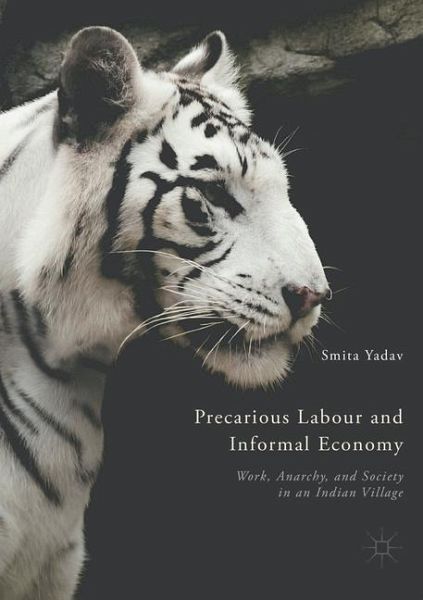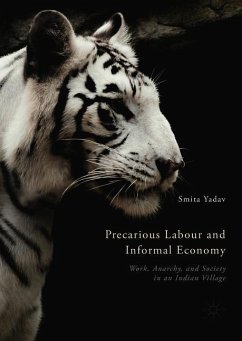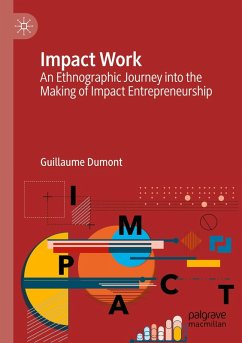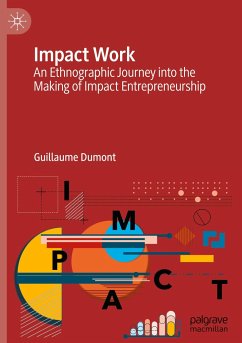
Precarious Labour and Informal Economy
Work, Anarchy, and Society in an Indian Village
Versandkostenfrei!
Versandfertig in 6-10 Tagen
19,99 €
inkl. MwSt.
Weitere Ausgaben:

PAYBACK Punkte
10 °P sammeln!
An empirical account of one of India's largest indigenous populations, this book tells the story of the Gonds-who currently face displacement and governmental control of the region's forests, which has crippled their economy. Rather than protesting and calling for state intervention, the Gonds have turned toward an informal economy: they not only engage with flexible forms of work, but also bargain for higher wages and experience agency and autonomy. Smita Yadav conceives of this withdrawal from the state in favour of precarious forms of work as an expression of anarchy by this marginalized po...
An empirical account of one of India's largest indigenous populations, this book tells the story of the Gonds-who currently face displacement and governmental control of the region's forests, which has crippled their economy. Rather than protesting and calling for state intervention, the Gonds have turned toward an informal economy: they not only engage with flexible forms of work, but also bargain for higher wages and experience agency and autonomy. Smita Yadav conceives of this withdrawal from the state in favour of precarious forms of work as an expression of anarchy by this marginalized population. Even as she provides rich detail of the Gonds' unusual working lives, which integrate work, labour, and debt practices with ideologies of family and society, Yadav illustrates the strength required to maintain dignity when a welfare state has failed.












